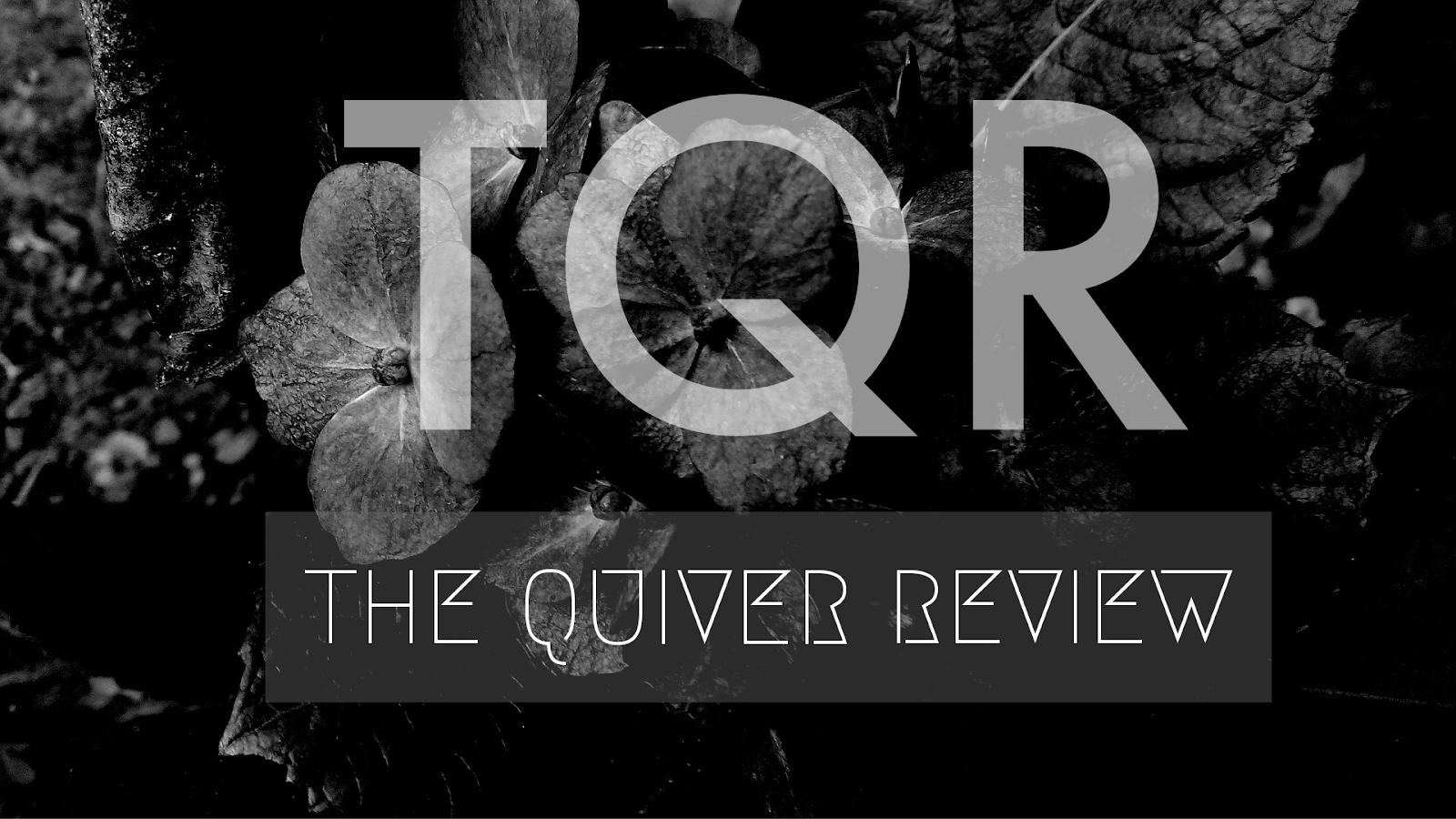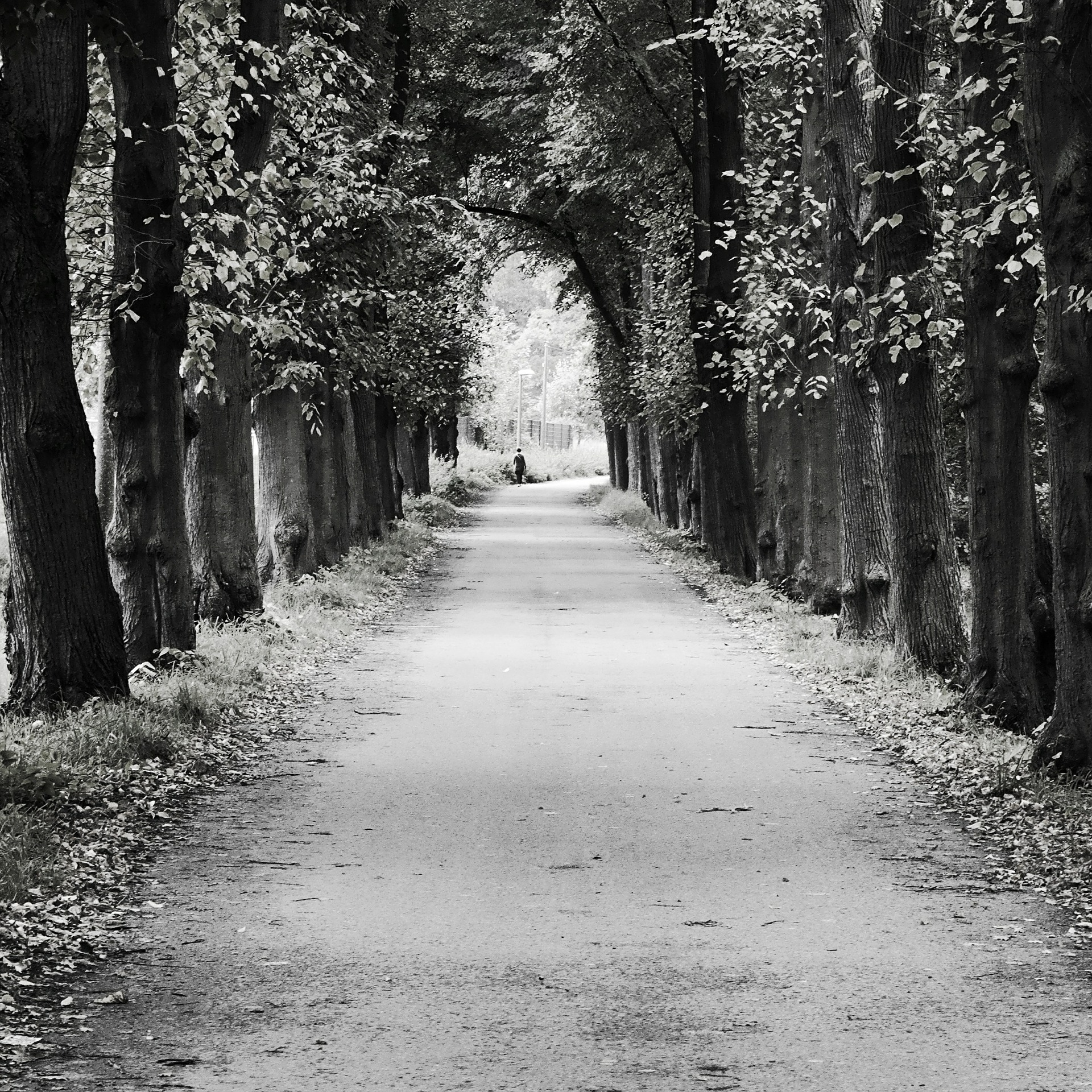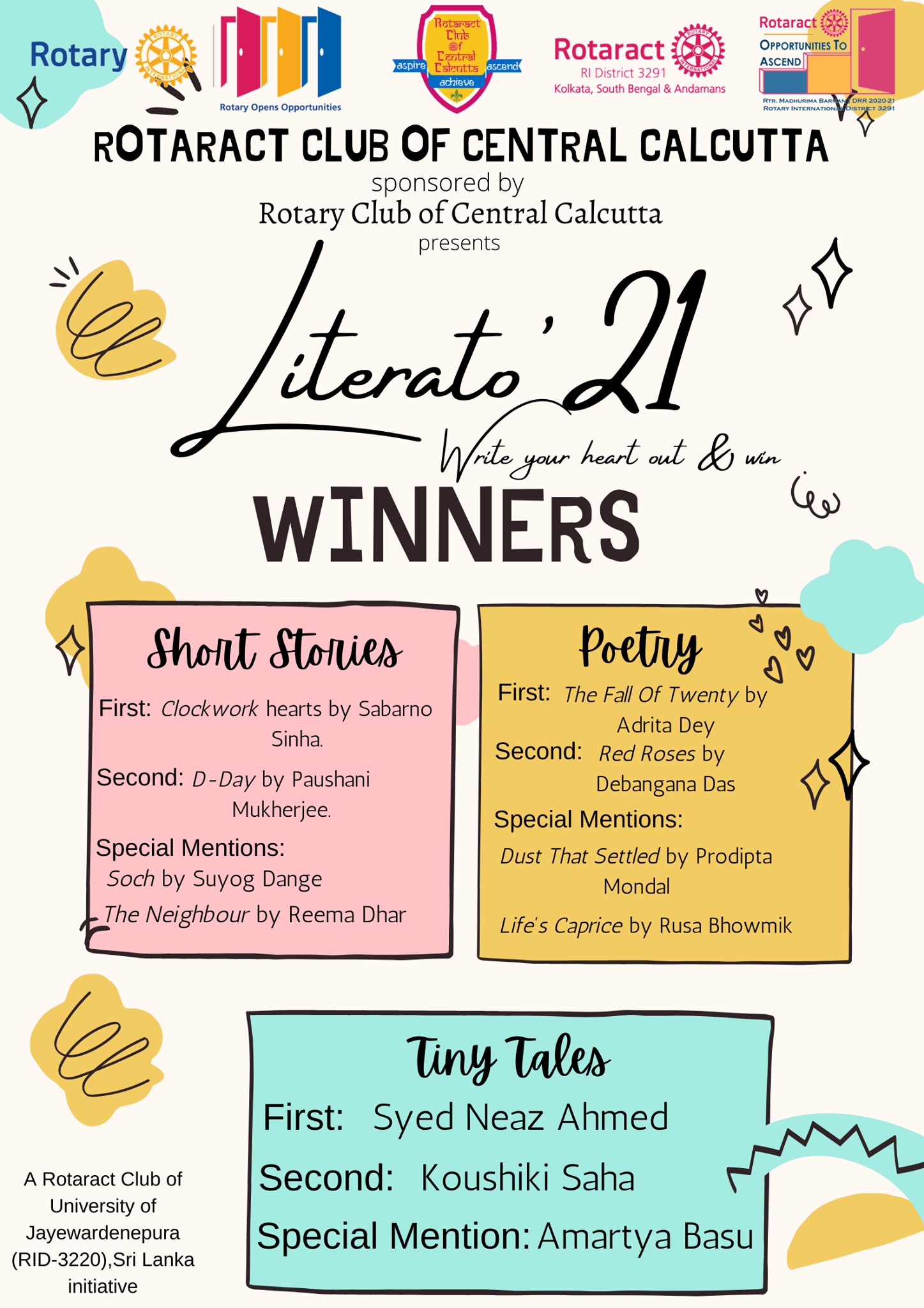Language — Moumita Sinha
Moumita Sinha, 21, from Kolkata, India, writes poetry as a mode of free self-expression. She studies English Literature at Scottish Church College and writes on varied subjects, often inspired by nature and her surroundings. Vignettes of her life and its contradictions often peek through in her works. The use of imagery to bring out graphic details of the concrete world that inspires her is important to her. Her poetry focuses on escapism and identity and makes use of extensive metaphors and rhetorics.
The poem that I have submitted, 'Language', navigates the complicated but very real conflict between the languages we learn and which one we choose to creatively express ourselves in. In today's day and age of English-medium education, bilinguals need to constantly switch between two different worlds to preserve the balance between both. The poem reflects how the barrier between the two languages blur to give rise to one unified expression in the language of the poet's choice.
Language
I was born and raised in Kolkata, in earnest
I don’t remember the first word I spoke but I can guess
It was my parents’ language
Their stories and their songs.
It was the language by which I came to know
The whispering in the trees, one knows only because one can imagine.
Soon they said the sky is blue
How did I know what was blue? Oh, because it was written everywhere
Though my sky could not be called blue.
The sun is yellow, leaves green, this is red and that is black,
All had names in picture books,
Except in the other tongue they lacked.
Unaware of the ambitions my parents dreamed for me,
I read and read, some about snowy English Christmases and elves,
others closer to home
Two different worlds, two languages
Telling the same things.
It was a constant back and forth,
Belonging somewhere,
yet to describe it in another’s tongue
Sounded not quite right, yet the words I had for it
Were all in English. It is not my mother’s tongue, but perhaps it is mine.
I have made it so. I am no Other,
nor do I pretend to be;
I relish the smells and sounds of my land,
I say it in English.
The brain translates it from the nerves to the language
It may not have been mine by birth,
but I have taken it.
It is my voice.
Often I have felt the stirrings of unease,
am I not then a child of my soil?
What is wordless, is music in English.
What cannot be stripped of its soul is Bangla.
I am not one without the other,
My words are mine, my language,
the child of my sensibilities.











Comments